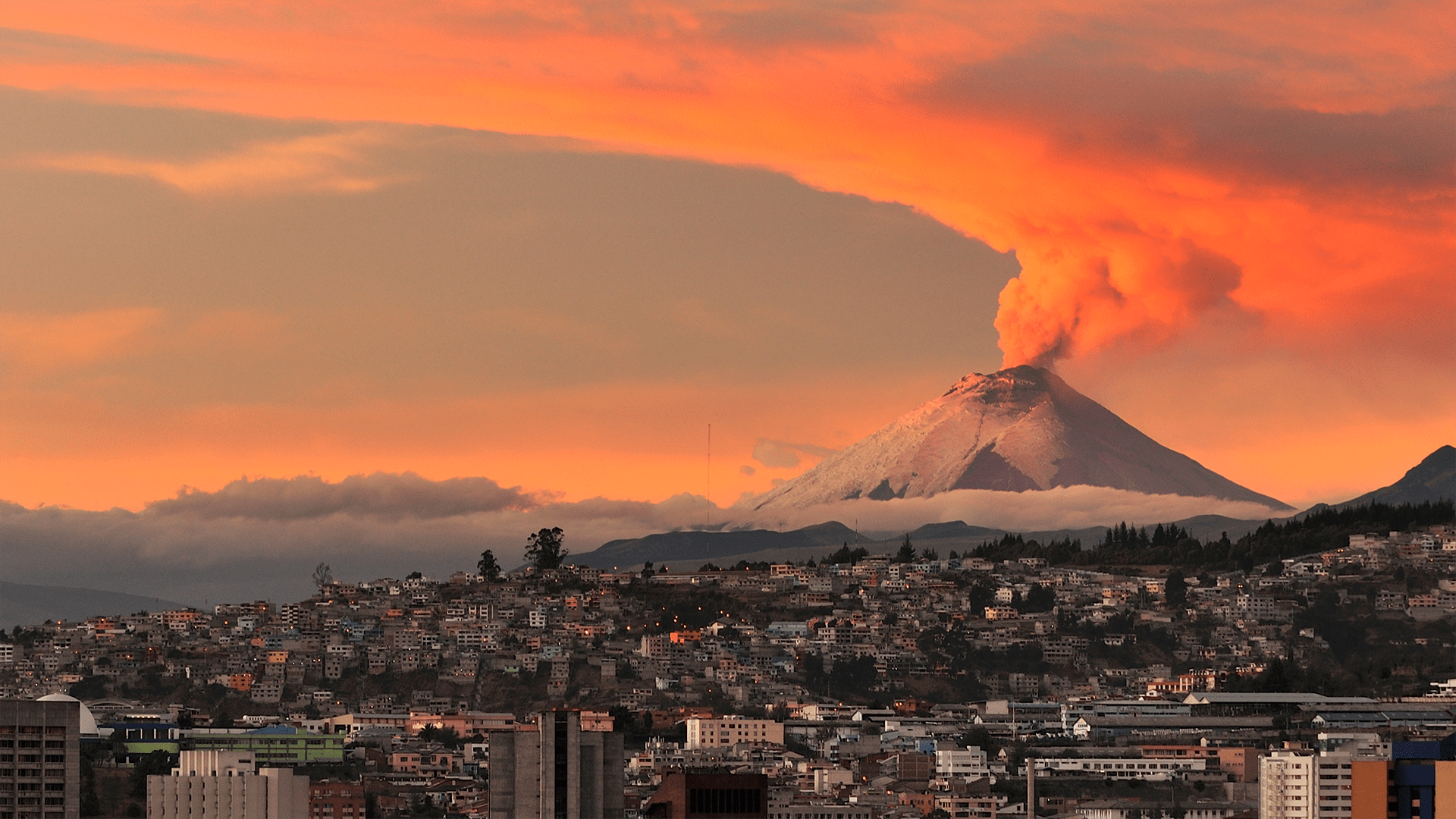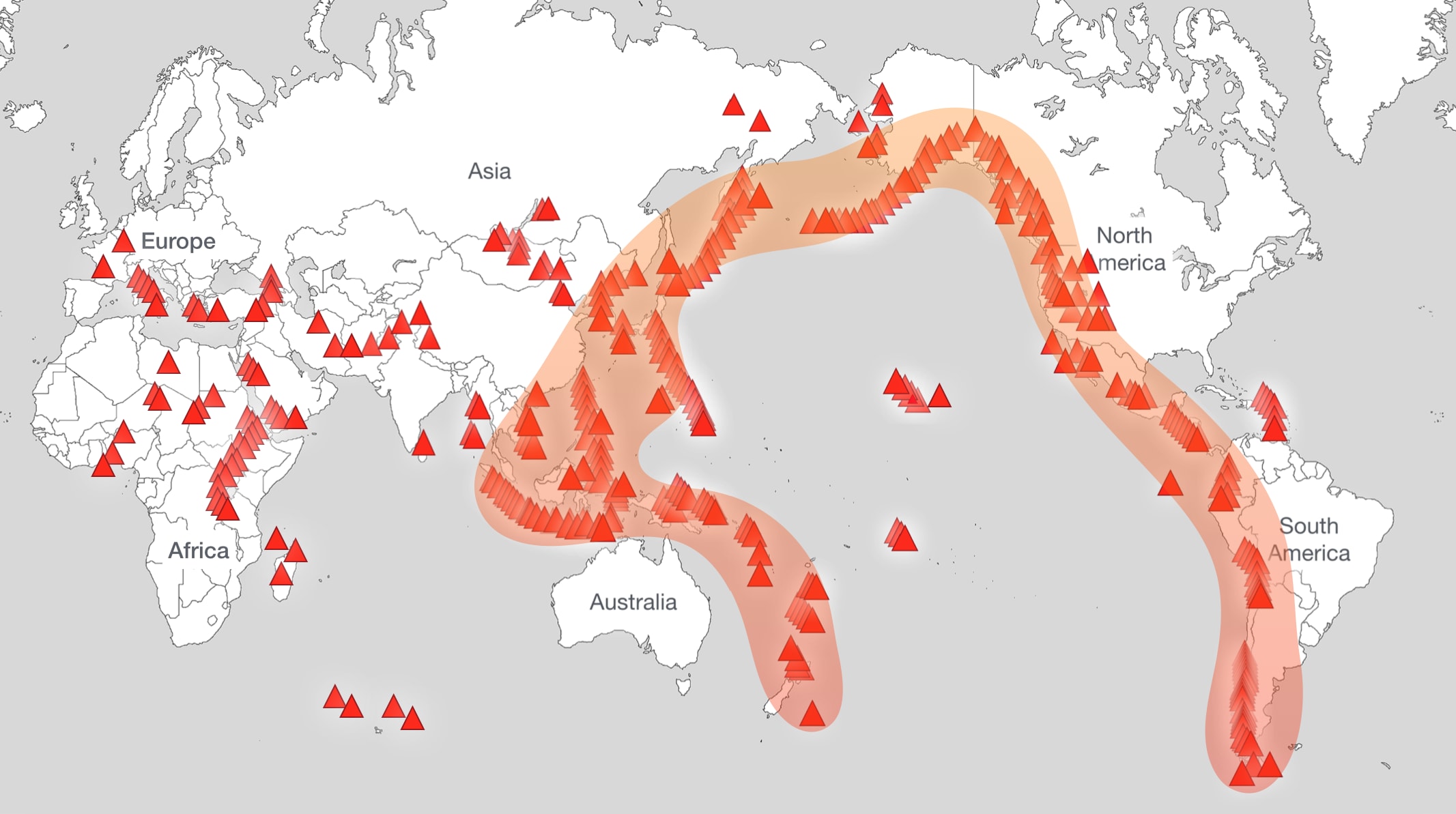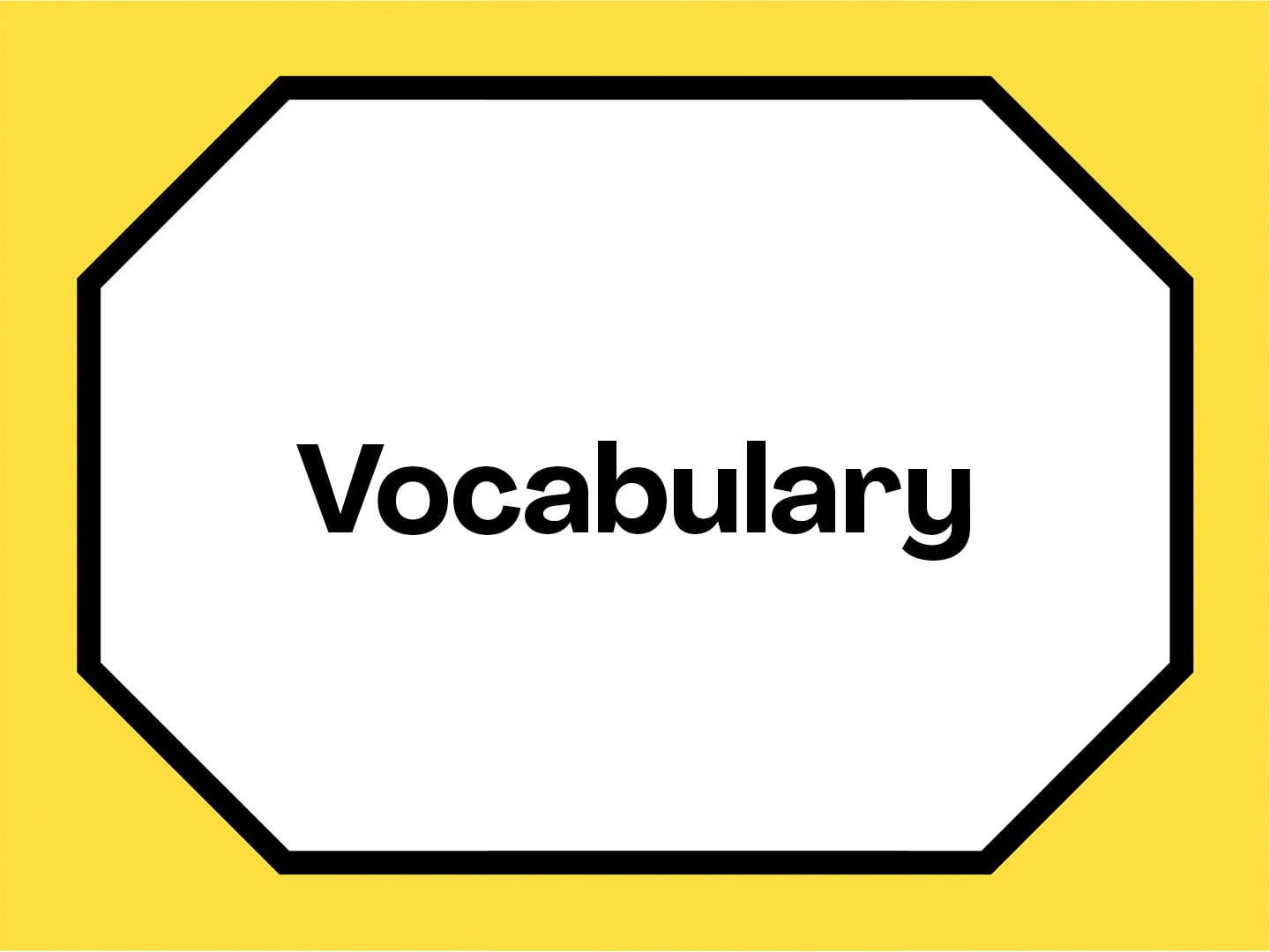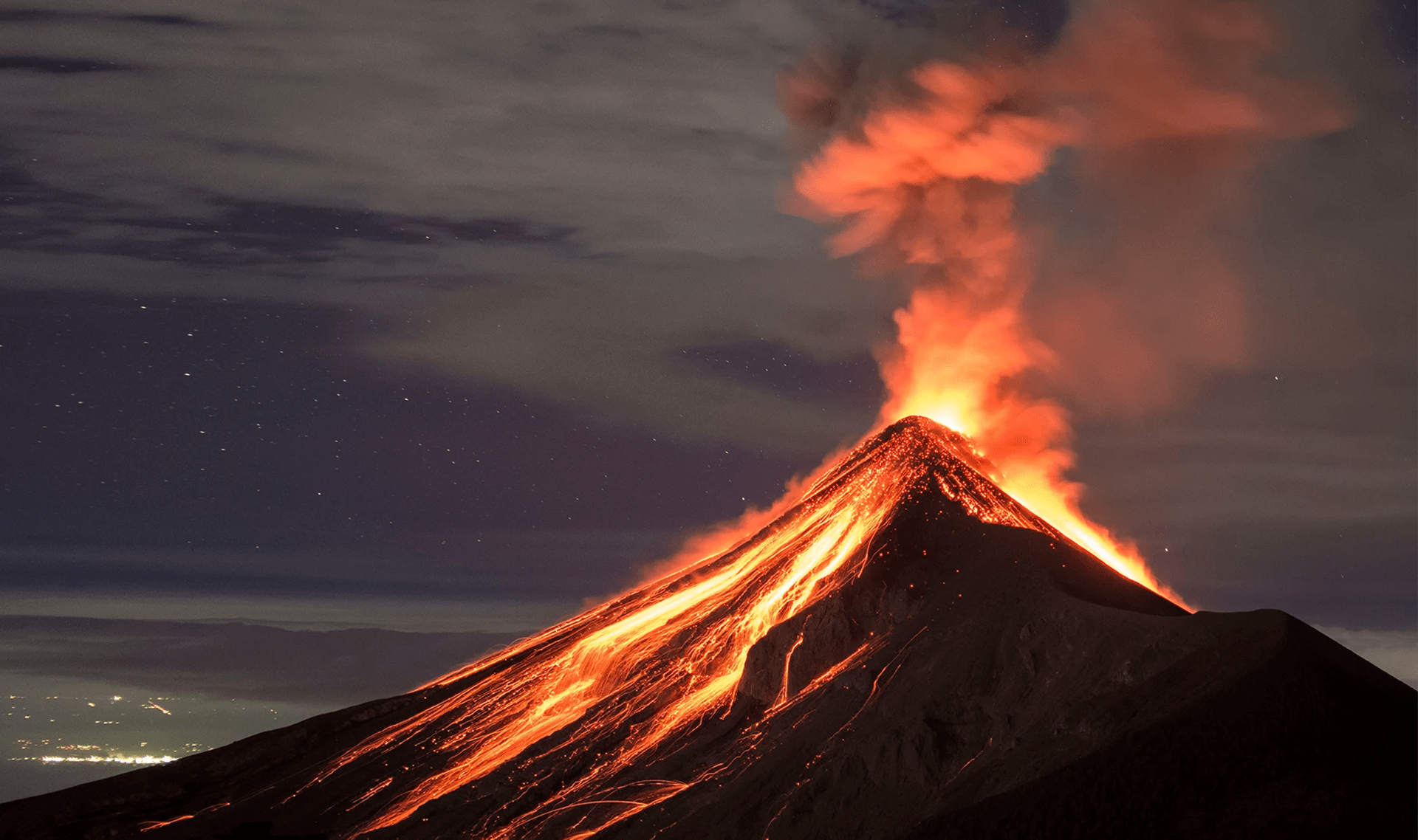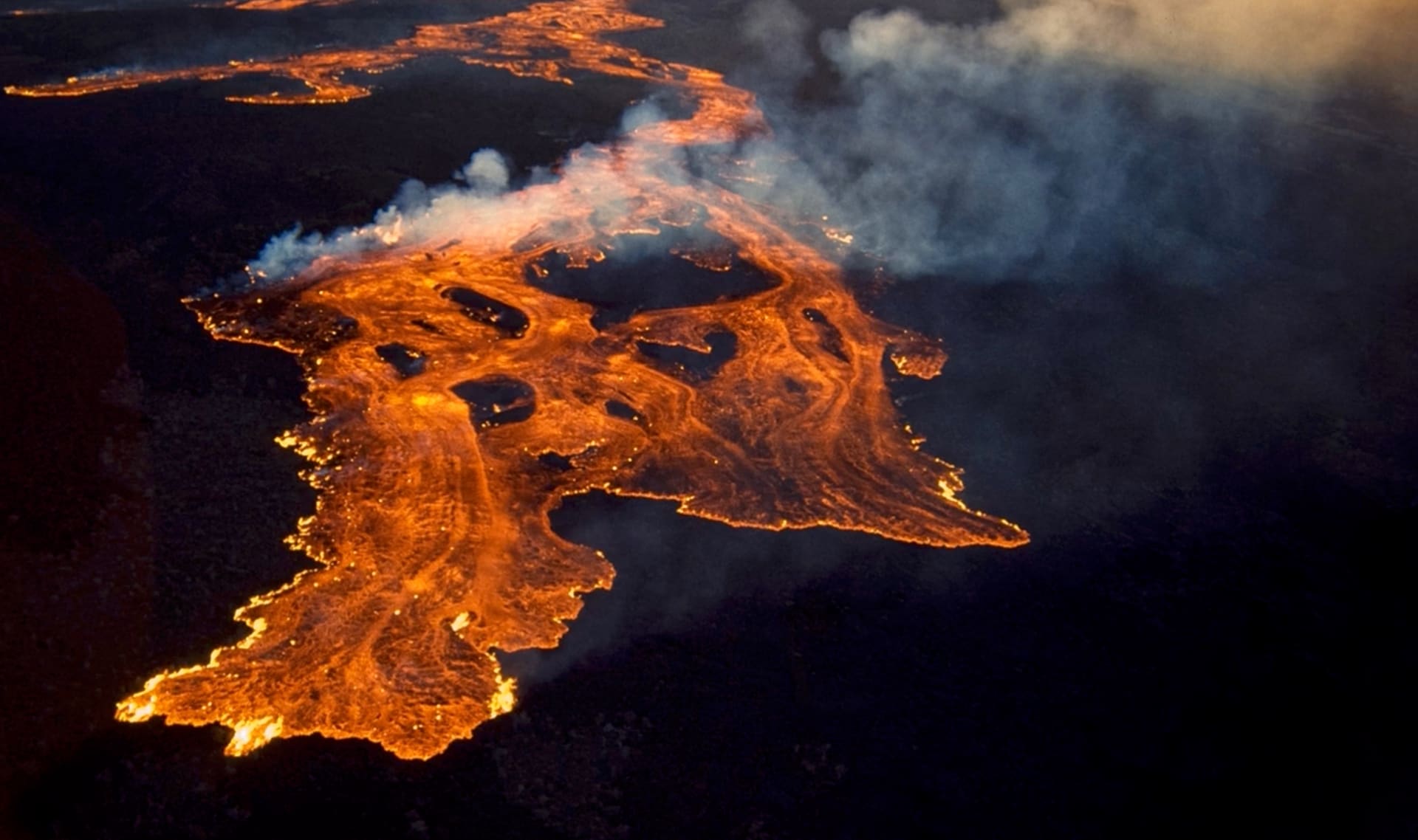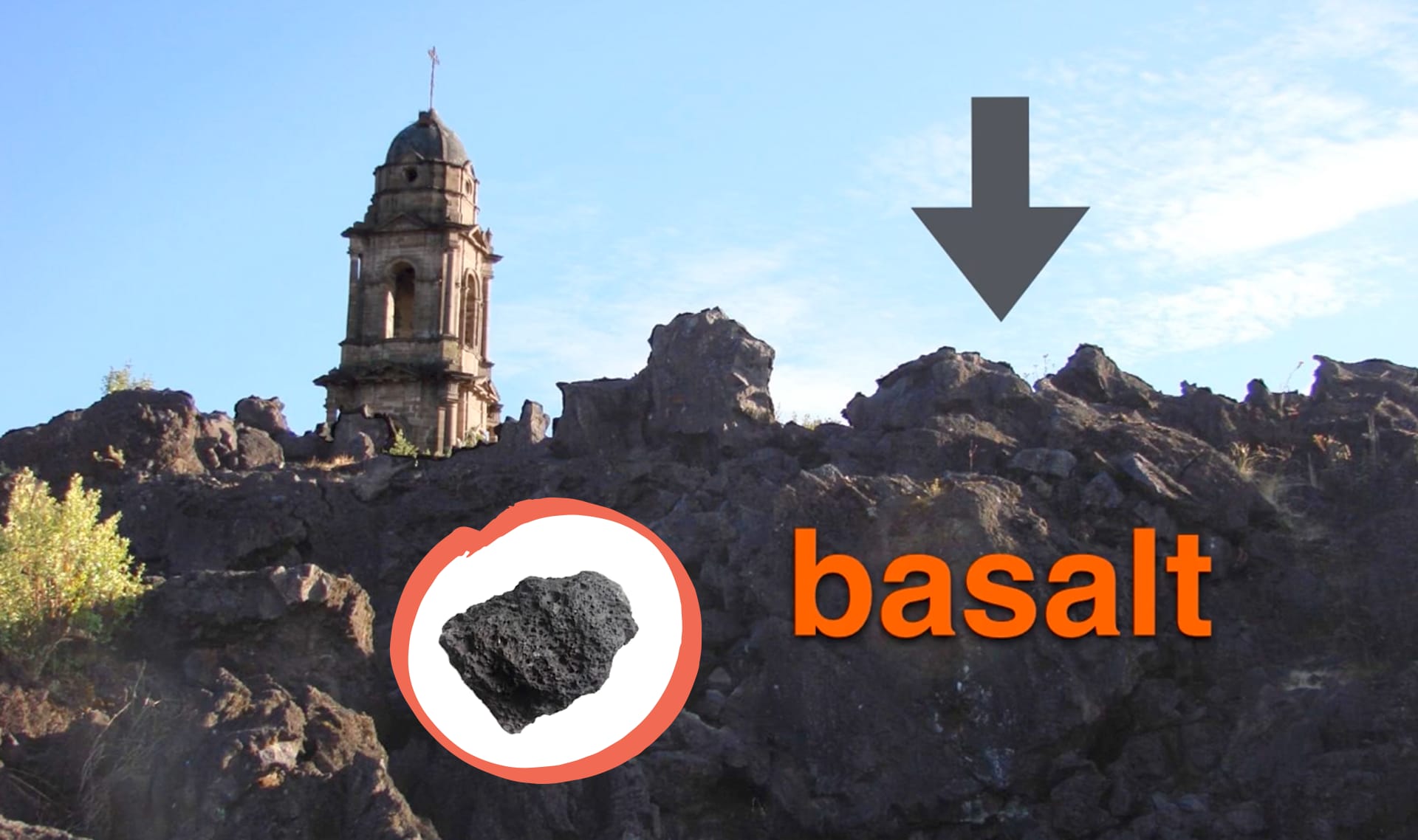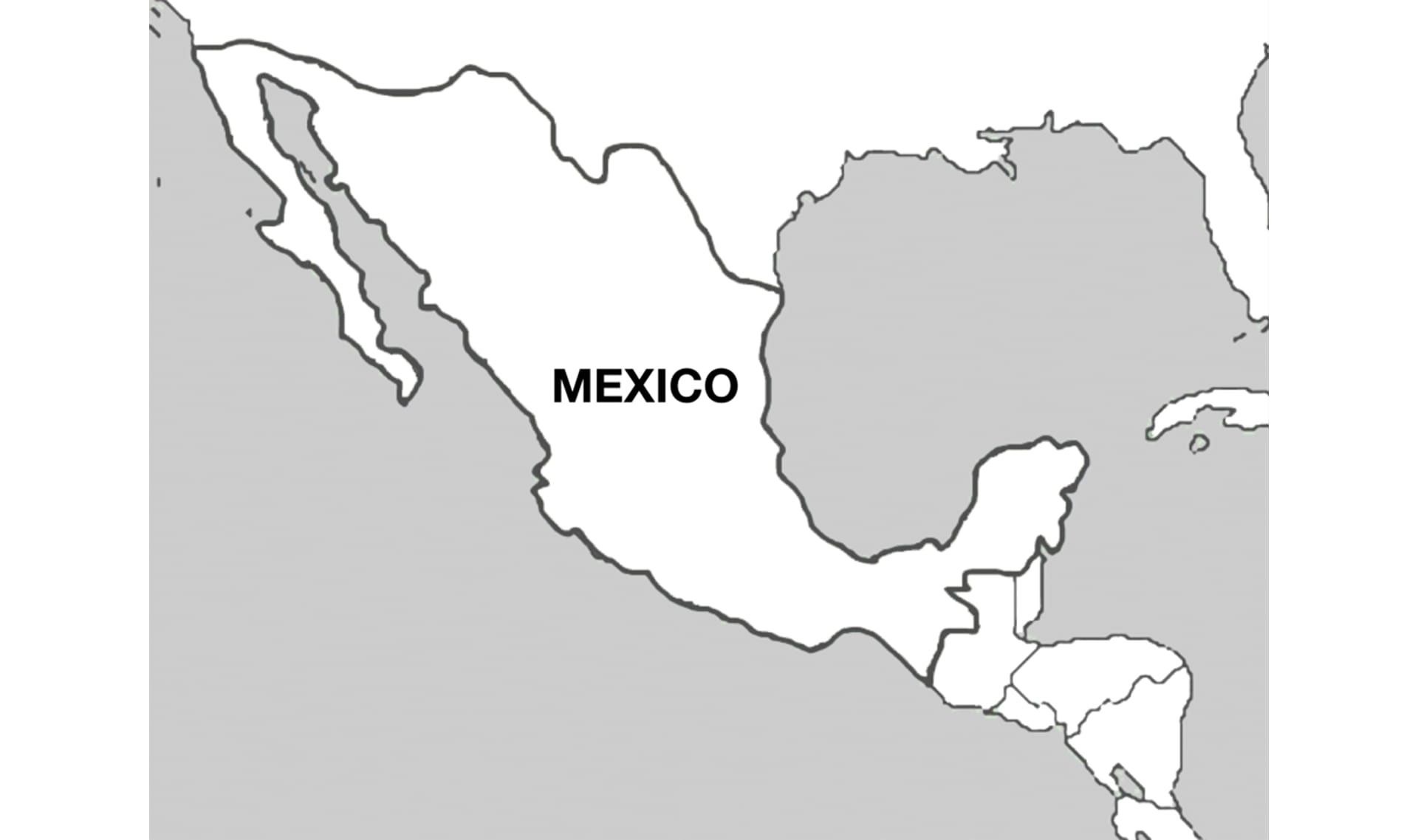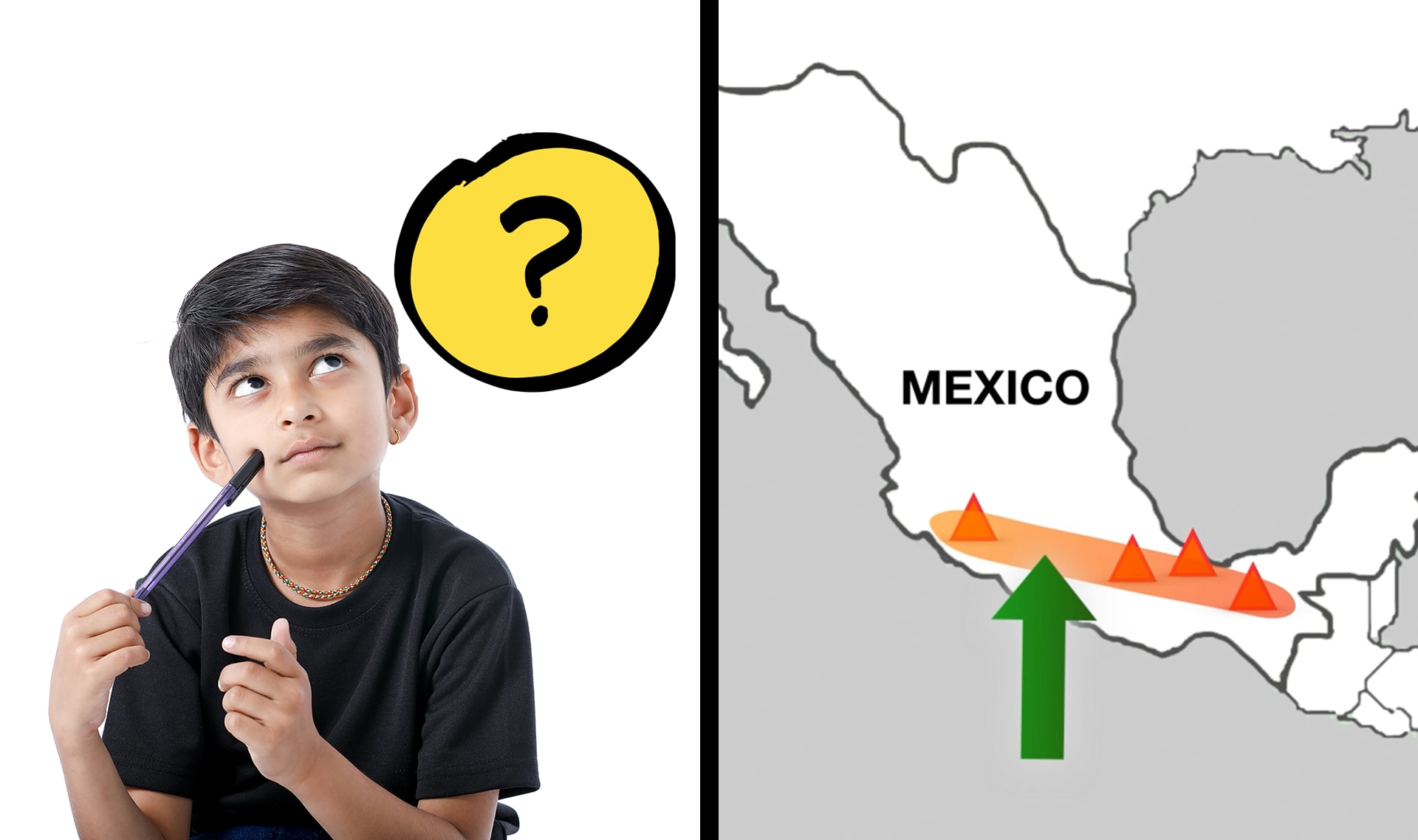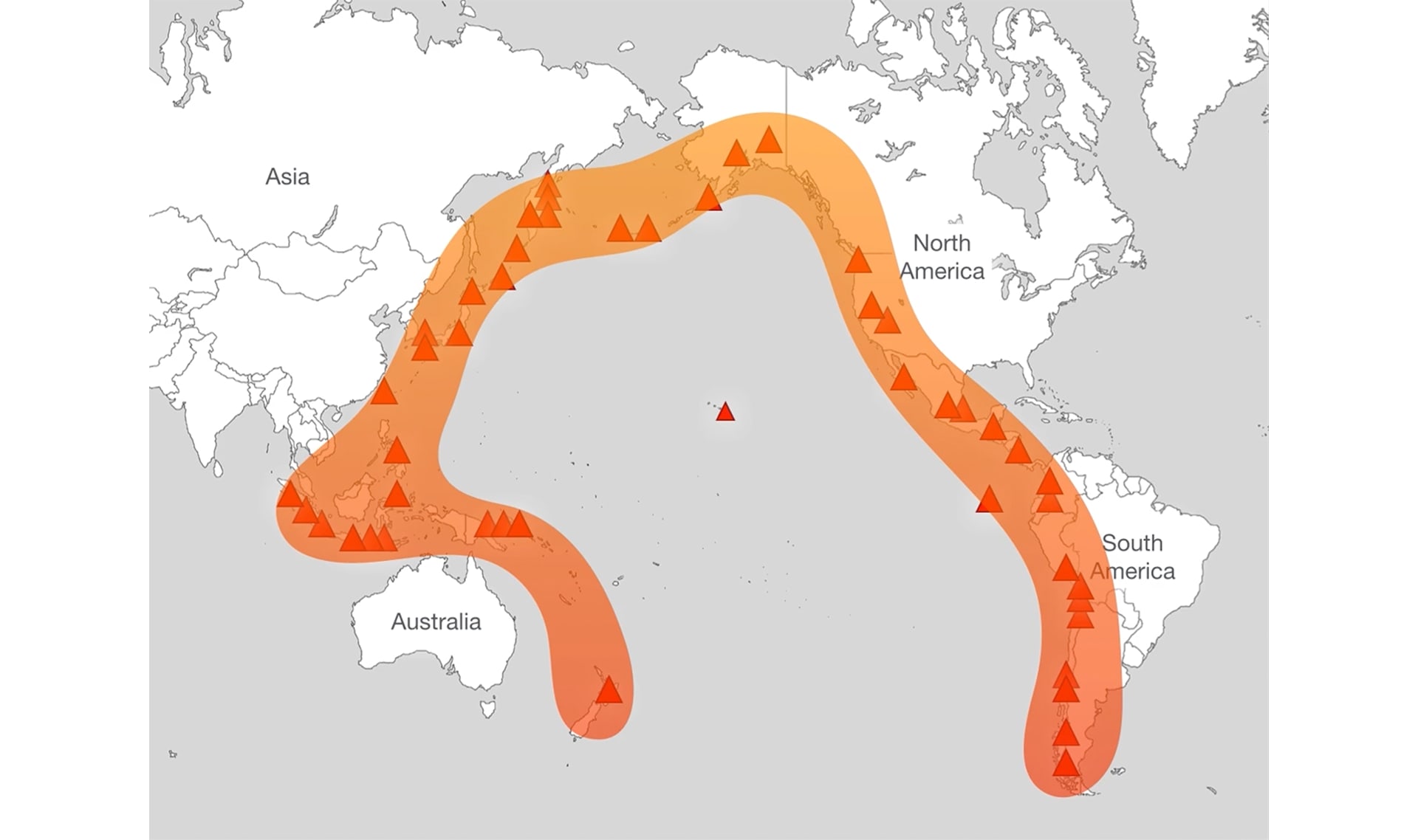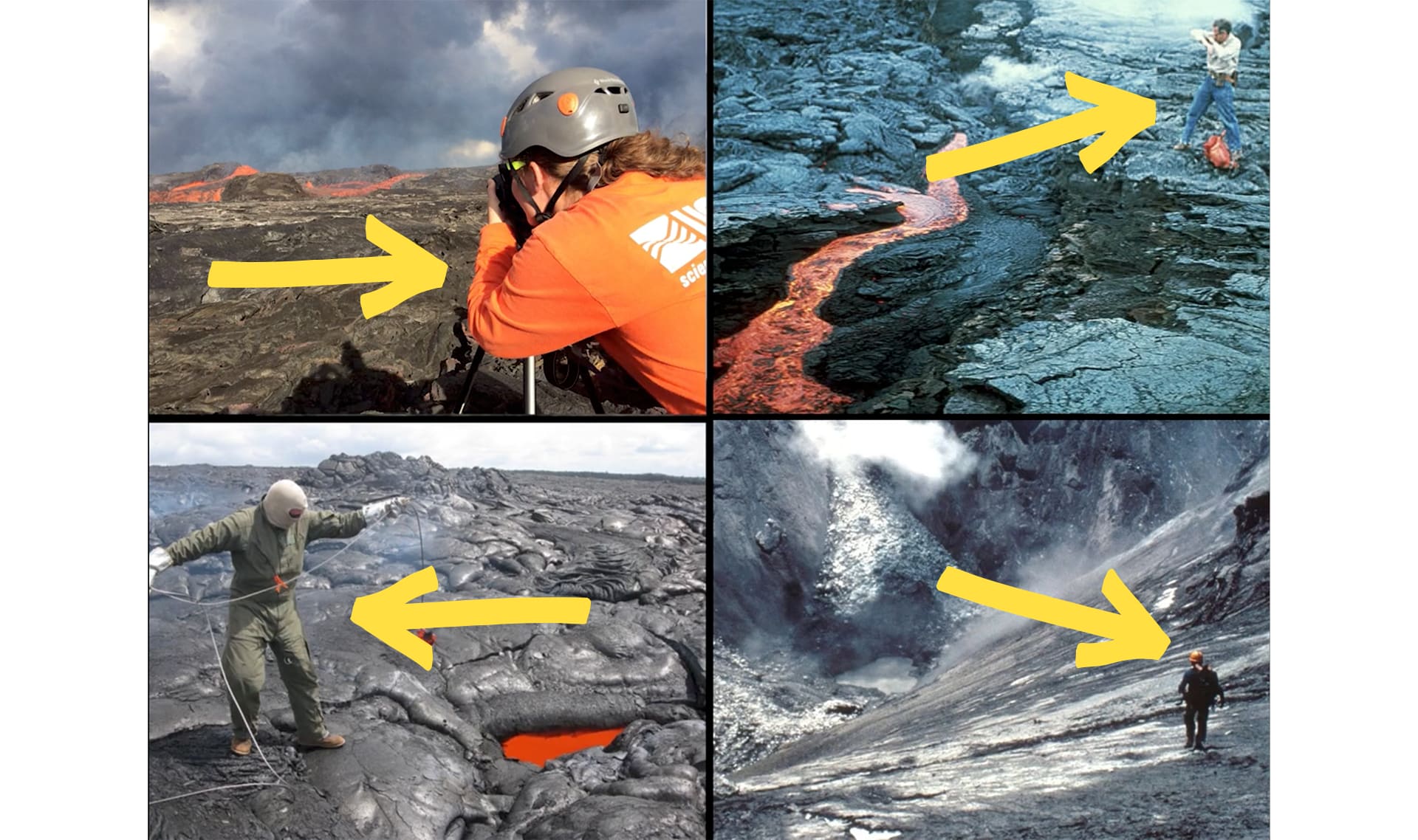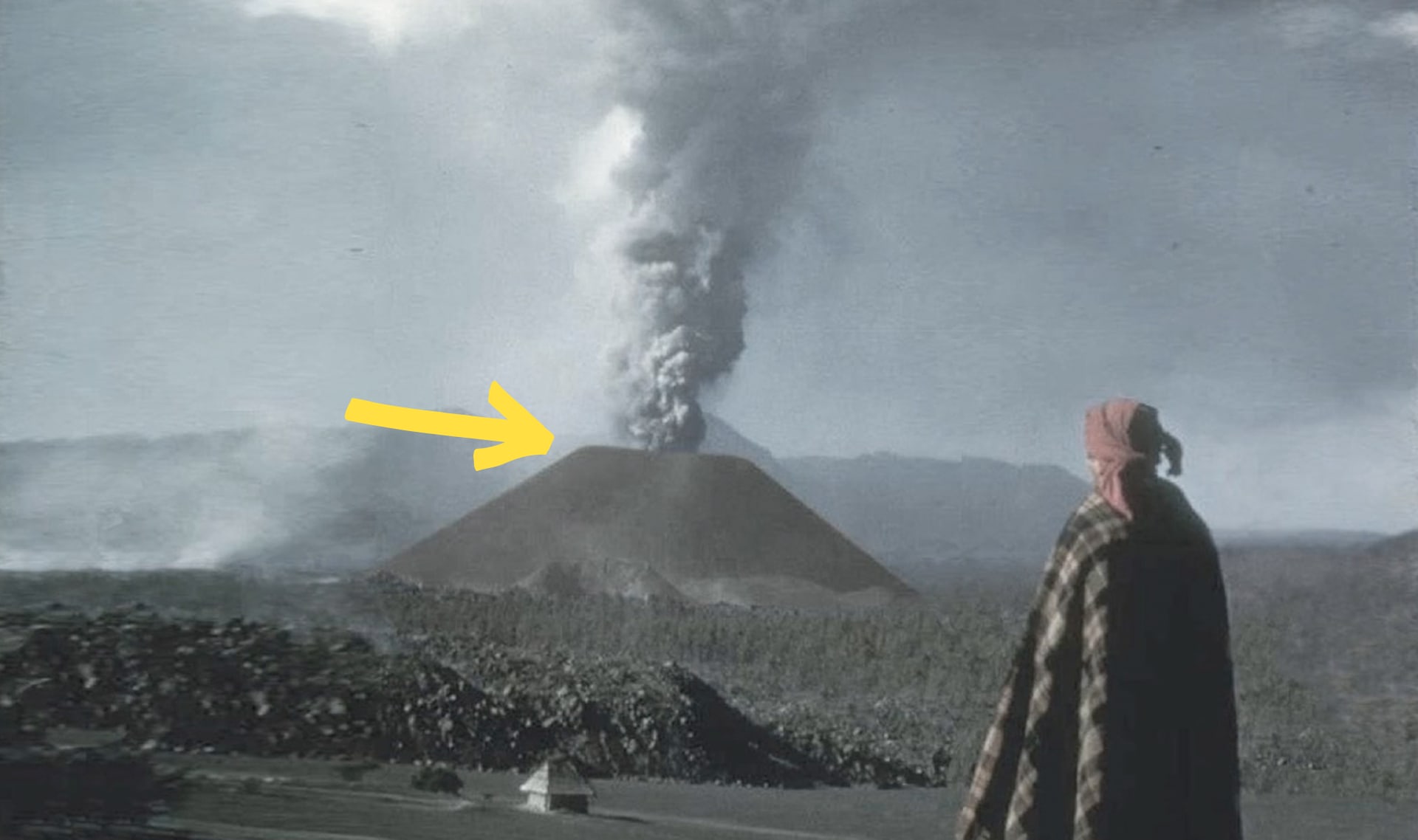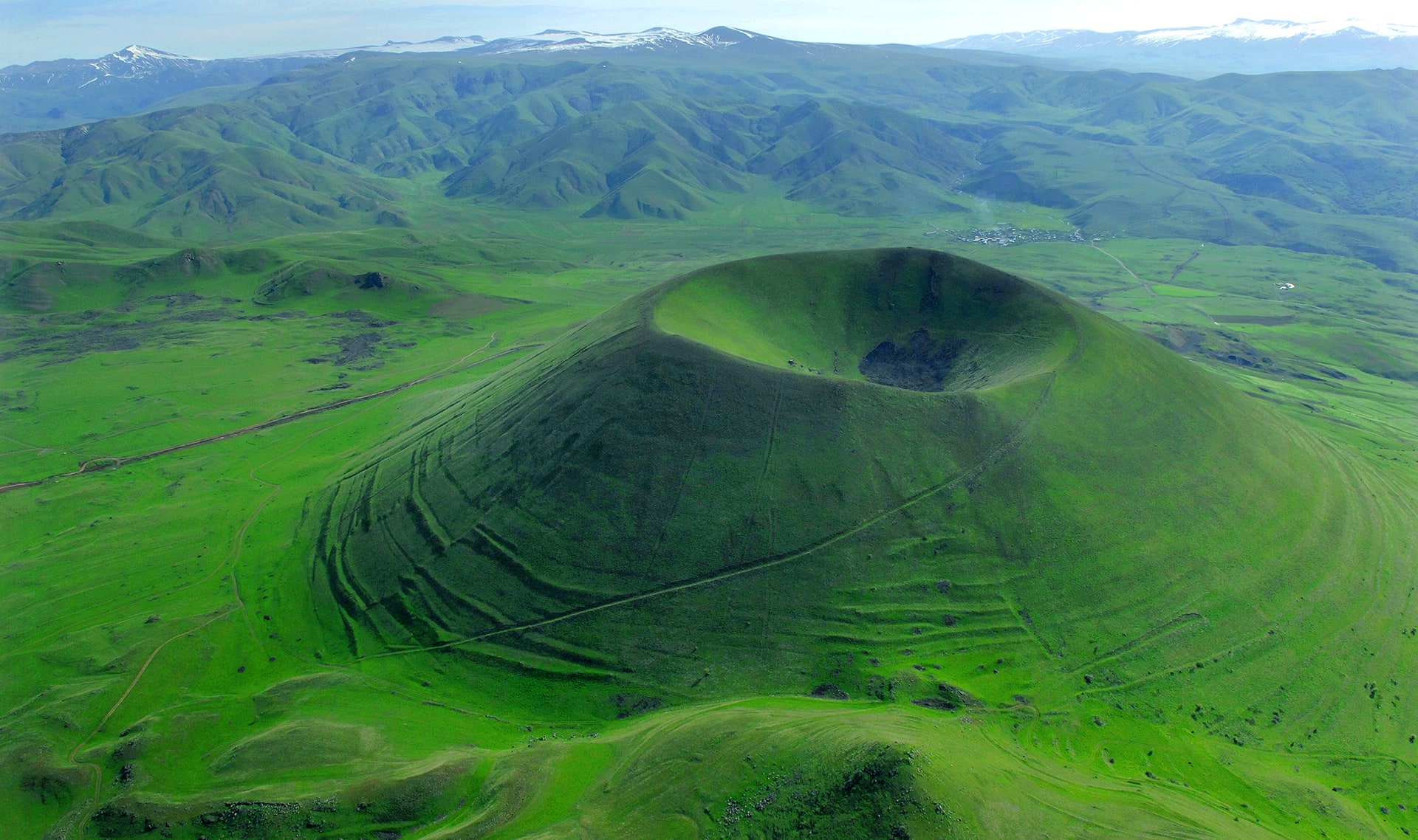Mystery Science respects the intellectual property rights of the owners of visual assets.
We make every effort to use images and videos under appropriate licenses from the owner or by
reaching out to the owner to get explicit permission. If you are the owner of a visual and
believe we are using it without permission, please
contact us—we will reply promptly and make
things right.
Lesson Image
Llaima eruption by
Urbatem2
, used under CC BY-SA
city of Temuco by
Claude Cobar
, used under CC BY-SA
Exploration
lava flowing by
HUGEFloods.com
, used under CC BY
lava burning branches by
News World
, used under CC BY
Hawaii volcano lava by
BigIslandHikes
, used under CC BY
Roxbourne Park by
Ewan Munro
, used under CC BY-SA
stromboli by
Steven W. Dengler
, used under CC BY-SA
team of mules by
unknown
ground cracks by
Rémih
volcano fissure by
activistpost
, used under CC BY
Paricutin by
K. Segerstrom, U.S. Geological Survey
lava flows by
RBM
building on mountain by
Fernando De la Torre
, used under CC BY-SA
Mount Yasur by
Eten over Zee
, used under CC BY
Mt. St. Helens crater by
R. P. Hoblitt
collecting lava by
R.L. Christiansen
crater by
MONUSCO Photos
, used under CC BY-SA
lava sampling by
USGS
Trimble Knob by
Raph Levien
, used under CC BY
Activity
ducks by
Arne List
, used under CC BY-SA
pencil by
Charm
red pencil by
Tom Ahearn
Other
split rocks by
Rosino
, used under CC BY
